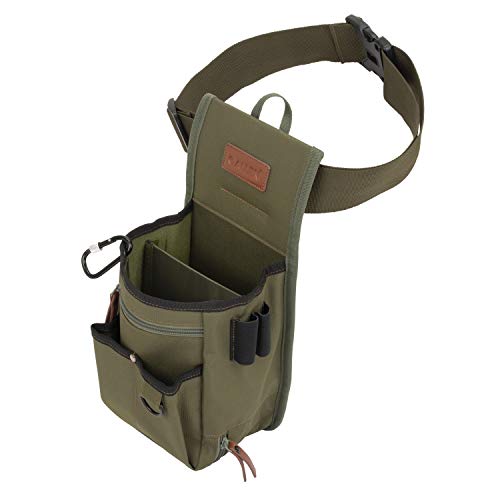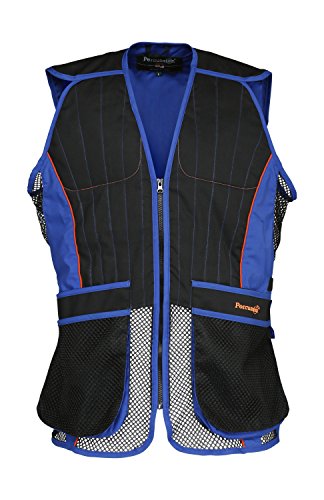ips
Well-known member
- Joined
- Jul 19, 2012
- Messages
- 15,642
JohnI actually watched a guy two weeks back have a classic case of what we have described Ian. He called the target it got away from him while he stared incredulously at it and then he tried to shoot it, it was funny to anybody watching because he nearly fell over in his effort to pull the trigger as he over balanced without the recoil to steady him. He did actually get both barrels off eventaully... the target was just entering the next Department by that time
did he use a very high gun hold i wonder ? High hold is a problem with regards to target acquisition unless you are able to adopt a very wide and deep field of vision otherwise target acquisition is restricted by barrels and this is when target is not seen when the brain expects to see it hence my no 1 theory. High hold must also be used with a wait until it pops up technique, move to early and your in deep doo dah










































